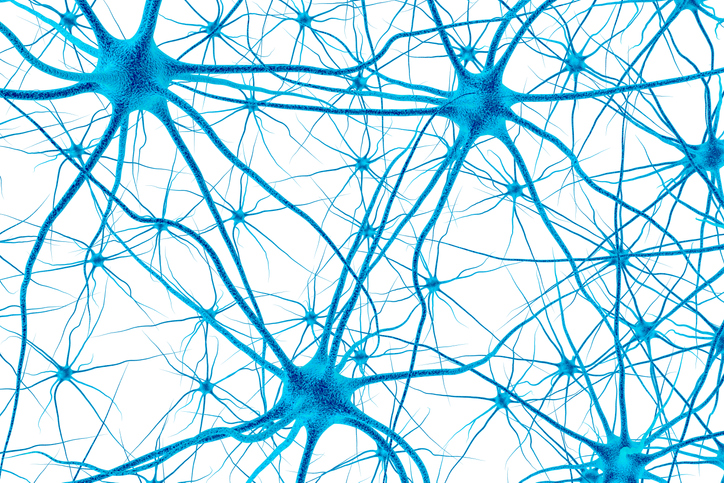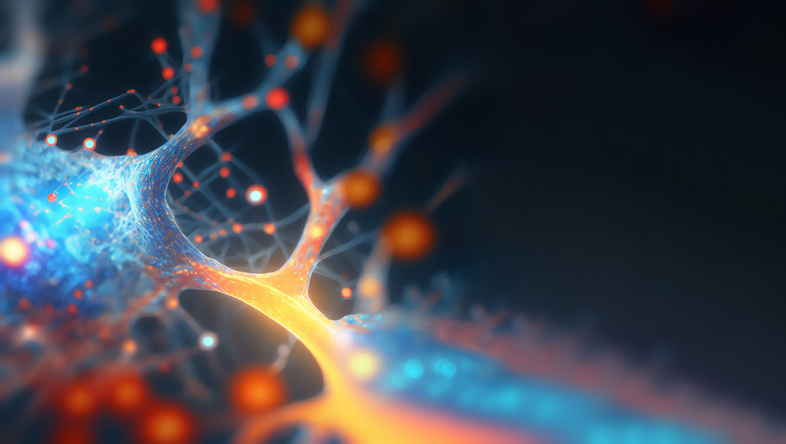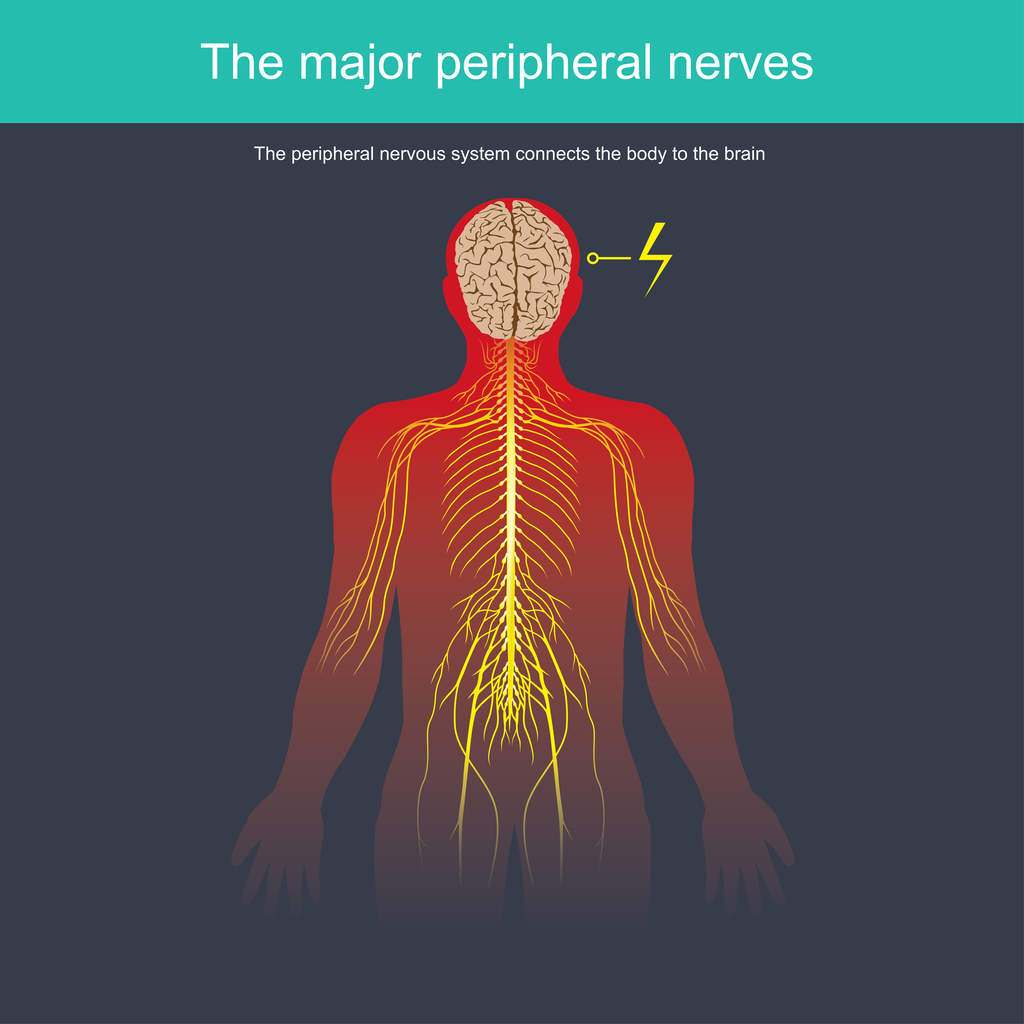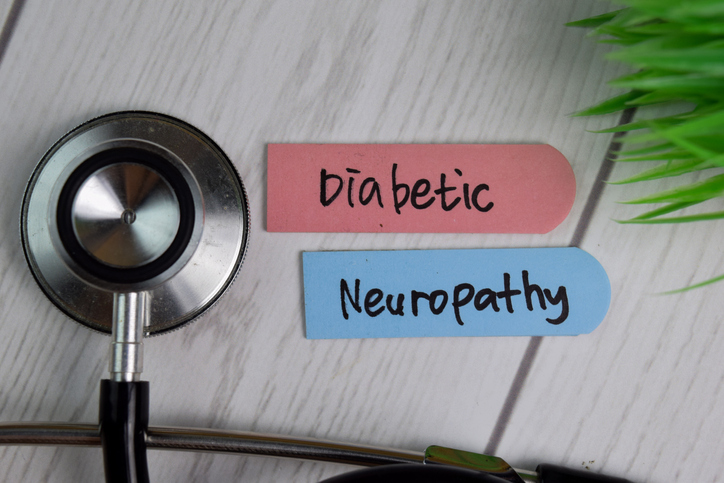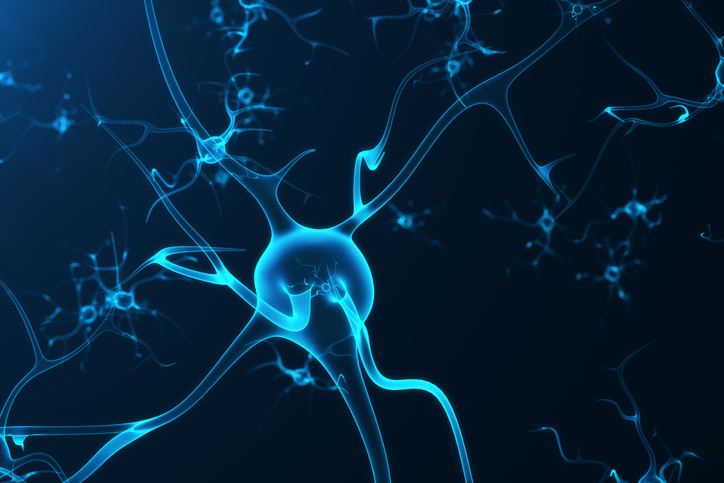Pain
10 Health Conditions Associated With Nerve Pain
Source: National Institute of Neurological Disorders and Stroke: National Institutes of Health, WebMD, National Institute of Neurological Disorders and Stroke: National Institutes of Health, Healthline, Centers for Disease Control and Prevention, Johns Hopkins Medicine

127 people found this helpful
Print
Share
Save
Numerous health conditions can lead to nerve pain. Some cause nerve damage that creates the pain; others cause painful compression of nerves.
Health conditions that can cause nerve pain include, but are not limited to, the following:
- Diabetes
More than 50 percent of individuals with diabetes experience nerve damage known as diabetic neuropathy. Nerve damage caused by diabetes most commonly affects sensory nerves, but it can also affect autonomic and motor nerves. - Cancer
Cancer can cause nerve pain in several ways. As tumors grow, they can press on nerves, leading to pain. Cancer can create nutritional deficiencies that lead to nerve damage and cause pain. Chemotherapy and radiation can also cause painful nerve damage. - Nutritional imbalances
An imbalance of certain nutrients in the body can damage nerves. Two common examples are high levels of vitamin B6 and low levels of vitamin B12. - Vasculitis
Vasculitis, or inflammation of the blood vessels, can cause thickening or scarring of the blood vessel walls. This can reduce blood flow in affected parts of the body, which can lead to painful nerve damage. - Kidney disease
Kidney disease or kidney failure can contribute to a buildup of toxic substances in the blood. These substances can damage nerve tissues, causing polyneuropathy. - Carpal tunnel syndrome
Carpal tunnel syndrome involves compression of the median nerve in the wrist as it passes into the hand, often due to the anatomy of the wrist or swelling in the wrist. This creates numbness and weakness in the hand and fingers and pain that may feel like an electric shock or a burning sensation. - Lyme disease
Lyme disease is caused by bacteria that is spread to humans through the bite of an infected tick. The bacteria can affect the nervous system, including the peripheral nerves, which can cause burning or shooting pain in the arms or legs. - Sjögren’s syndrome
Sjögren’s syndrome is an autoimmune condition in which the immune system mistakenly attacks the moisture-making glands in the body. It can also cause inflammation and damage to the peripheral nervous system, leading to the burning pain of peripheral neuropathy. Specific neuralgias associated with Sjögren’s syndrome include trigeminal neuralgia (nerve pain or numbness in the face or mouth) and glossopharyngeal neuralgia (pain or numbness in the back of the throat) - Guillain-Barre syndrome
Guillain-Barre syndrome is an autoimmune disease in which the body mistakenly attacks the peripheral nerves. It often causes pain in the back and legs. - Human immunodeficiency virus (HIV)
HIV can damage both the central and peripheral nervous systems, which can lead to peripheral neuropathy or distal neuropathic pain.

